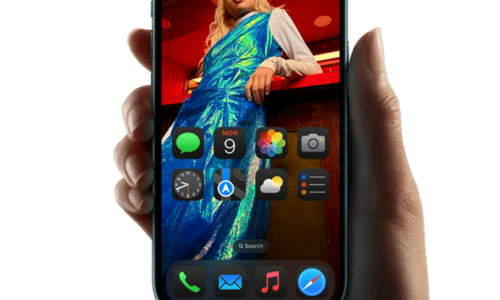The prevention of diseases before the appearance of symptoms is a central goal of healthcare. Knowing that someone will be affected by a specific illness, would allow him to prepare both psychologically and physically, with the possibility of taking drugs for its preventive treatment.
As reported by the BBC, a smartwatch like the Apple Watch, could predict the onset of a specific disease, up to seven years before the first symptoms. We refer to Parkinson’s disease, a disease that gradually affects the brain, causing slow movement, rigidity, difficulty bending, abnormal gait, and others.
By the time of diagnosis, the damage to the patient’s brain cells is already excessively high.
Using artificial intelligence, the research team of the Dementia Research Institute at the University of Cardiff in the United Kingdom, analyzed data from 103,712 smartwatch users. By tracking how quickly each person could move during a week from 2013 to 2016, the team managed to determine who was more likely to develop Parkinson’s disease. The study’s lead, Dr. Cynthia Sandor, said that with 30% of people in the United Kingdom wearing a smartwatch, the device could contribute to the development of a cheaper and less expensive method to diagnose Parkinson’s disease at an early stage. “We have found here that data collected for a week can predict developments that may occur up to seven years later. With these results, we could create a valuable tool for pre-symptomatic control, which could help in the early detection of Parkinson’s disease. This would have significant implications in research, improving prevention in clinical trials, and clinical practice, allowing patients to have access to early-stage treatments in the future when these treatments are available,” Dr. Sandor said. Dr. Catherine Peall, who also worked on the study, told the BBC that the use of the smartwatch not only accurately predicts who will become ill with Parkinson’s disease but also determines whether symptoms arise from the disease or from weakness that is common in the elderly. “The results from people diagnosed with Parkinson’s disease were distinctive,” Dr. Peall said.
Also, she added “We compared our model to a number of different disorders, including other types of neurodegenerative disorders, individuals with osteoarthritis, and other movement disorders, among others, an advantage of the ability to work with a dataset like the UK Biobank.” The Biobank is a ‘deep health databank’ covering more than 500,000 people.
The issue that arises is whether one would want to know that he will be affected by such a disease in the future. As Dr. Peall pointed out, “this will always be an individual and personal choice. The important point of this research is that we hope new treatments will eventually become available that will allow us to slow down the progression of the disease”.












































































